It’s not always the best idea to buy a new console at launch. So many things can go wrong. Hardware and software can be glitchy. Networks can get swarmed with many users all trying to pile in at once. And it’s not financially viable to first parties to release their biggest games when the installed base for the console is at its lowest. Despite these things, the devout line up on day one, because of the new factor.
All things considered, Sony’s launch of the PlayStation 4 has been pretty good. Minor issues aside, it’s a promising new system that’s a little bit rough around the edges. There’s no killer app that simply must be played at launch, with the bulk of what’s available coming from third parties as upscaled versions of their current-gen games. That’s not to say that this console won’t one day become a must have gaming device with can’t miss exclusives, because if Sony has proven anything in the last generation, it’s that they’ve got some of the best studios in the world making great games. But they aren’t here now. What is here now is approximately what you’ll find on a high-end PC. Battlefield 4 in all its glory. A version of NBA 2K14 that puts the current-gen to shame. Call of Duty in higher resolution. Assassin’s Creed with better graphics. The list goes on and on, there are quite a few AAA third party titles that take advantage of the more powerful console, but it’s not a game-changer, yet.
There’s a smaller change in fidelity between what was seen in the leap between the PS2 and PS3. Higher framerates and higher resolutions are nice, but the best games to play on the new console are essentially the same games that were released on the PlayStation 3 just weeks ago. Since the delta in fidelity is so small, we probably shouldn’t be focusing on graphics, but it’s one of the only things that have been improved or changed with the new console — at least in these launch games. Tried and true gameplay designs, nothing on the PlayStation 4 takes advantage of anything next-gen, except for visuals. Sony themselves probably played it the safest when they needed to make bigger bets. Killzone: Shadowfall and Knack are two games that do very little to make themselves standout in their respected genres. After the longest console cycle in the history of the video games industry, it’s hard not to expect a more complete package at launch, at least from a games perspective. After all, this is a company that brought us some of the best games of the last generation. That said, the PlayStation 4 will still wow you with eye candy. This is especially true if you are coming directly from the PlayStation 3. Almost any of the new launch titles will certainly look better on the new console, with some games like Battlefield 4, NBA 2K14, and Killzone really hammering home the improved specs of the new console.
Sony made good on a lot of the promises that they made earlier this year with the launch of the PlayStation 4, but not everything. In retrospect, the most fascinating aspects of the reveal of the Playstation 4 are no where to be found on the console. Sony has put a lot of it off into the future, and is hoping that you’ll want a PS4 regardless, and trust that the hardware will be improved by updates and features added over the course of the system’s life. Those that did make it in, like streaming and sharing, are gimped down as features that offer very little to the end user at launch. But you have to hand it Sony. They admitted their mistakes with the PlayStation 3, and have remedied the situation in a number of areas. Their new pay to play initiative with PlayStation Plus should continue being a worthwhile subscription to have, Remote Play is actually something that games use now (to mixed results), and they’ve really laid a great foundation for the future of the PlayStation 4 console. There’s definitely work to be done in a number of areas, and it shows, but building something always starts with a foundation.
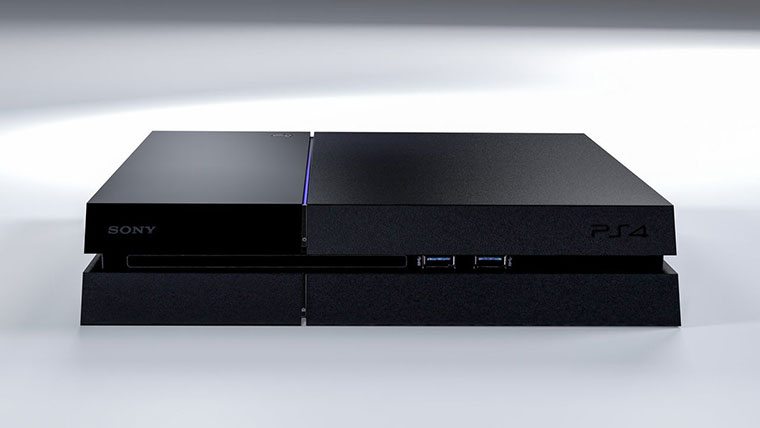
The PlayStation 4 is a beautiful console. Like most launches, this is the design that is for the true fans. It’s the one that engineers strived to make both technically capable and awe inspiring to look at. The PlayStation 4 is arguably the most stylish console on the market today. The angled profile and nearly hidden disc-drive and buttons gives the PS4 a unique look, and its a hardware piece that could just as easily be sitting on your coffee table, as your entertainment center. It’s sleek and stylish, with the internals of a high-end PC. It’s exponentially more powerful than the PlayStation 3 and Xbox 360. More importantly, the console is quiet, it keeps cool over long stretches, and really feels like one of Sony’s best designed consoles in history.
The PlayStation 4 is also a capable machine. It’s been designed with one thing in mind if Sony is to be believed. They’ve designed the console to be easy to develop games for, by using a more familiar architecture. After failing with the Cell design of the PlayStation 3, Sony recognized this as one thing that must be done to make developers’ lives much easier when making games for the PlayStation 4. Whether its the hardware design or the more capable specs when compared to the Xbox One, some PlayStation 4 games are running at higher resolutions than their Xbox One counterparts. It’s hard to tell if these design decisions will be the ultimate deciding factor on where the best third party games are played, but for now, it looks like their decisions were wise ones.
But some of the little things do sour the PlayStation 4 experience at launch. The console is noticeably slower to load than its predecessor, and is prone to bouts of sluggishness when browsing the new dashboard. These things aren’t noticeable right away, but if you really start to dig into all that the PlayStation 4 has to offer, problems can crop up. It’s likely a software issue that’ll be remedied down the line, but the sluggishness makes for some awkward moments when trying to do too much on the console at once. The PlayStation Network has been sporadic since launch, its already been under maintenance for the majority of the last few days. Specific games are also hit and miss as to whether or not you can access them or their online functionality. Growing pains are expected in the first few days of a console launch, but products are also expected to work as they are advertised. As it stands, there are some games, and modes within them, that just aren’t accessible. Sony and developers have mostly been keeping quiet about the issues, so it’s hard to tell whether its a network issue, software issue, or hardware problem. But it is hit and miss. For every game that doesn’t work, there’s one that works just fine. For every update that takes 30 minutes to download and install, there’s one that takes a couple of minutes. For every time there’s a seamless update and install on the console, there’s one that doesn’t work as expected. It’s rough around the edges, but when it does work, it’s a glimpse of what the PlayStation 4 experience will be once all the bugs are ironed out.
At launch for the PS4, the big feature is the games, and their marginal improvement in fidelity. Sony’s first party games certainly don’t take full advantage of the added horsepower. They look better, yes, but the change is less dramatic than previous generations. That said, there is no wow feature or must play game on the PlayStation 4 at launch. There’s a lot of promise and potential, but no real follow through. There’s no killer app that showcases what this console is capable of. There are hints at it in the visuals of Killzone and Knack, but as if Sony only wanted to peel back the curtain and show a peek at what’s to come. As all consoles lifecycles go, things should get better from a games standpoint. Sony recently announced the return of Naughty Dog’s Uncharted series, and Infamous Second Son is due to arrive in March. While launch titles haven’t exactly been known to be the shining moments of the generation in years past, this crop is pretty disappointing from a longevity standpoint. Make no mistake about it though, both Killzone and Knack will wow you with their visuals, it’s a matter of how long the effect lasts.
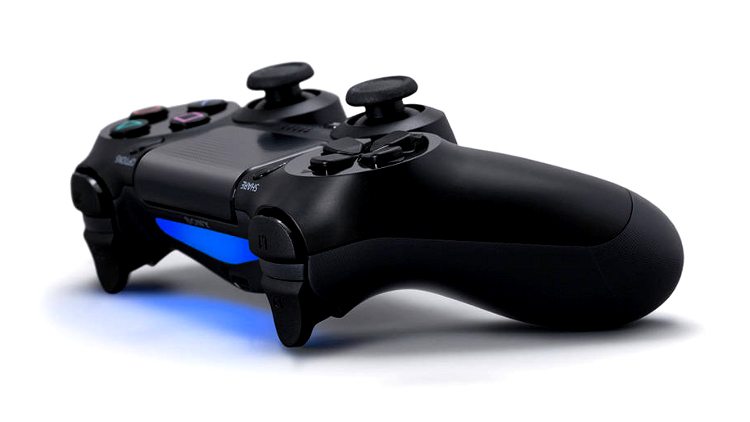
One area they did not miss in is with the DualShock 4
Sony might not have put their best foot forward in showcasing what the PS4 is capable of, but one area that they didn’t miss with is the DualShock 4. It’s a fantastic controller. It’s well-made, familiar, with just enough functional changes to be considered the biggest revelation for the new console. It’s better to use for its changes to the thumbsticks. They’ve been spaced further apart and have added concave indentions for better handling in fast-paced games like shooters. The R2 & L2 buttons have been transformed into triggers, and are easier to use, because of their new design. Sony might have taken a lesson from Microsoft in this regard, but hey, it works. The DualShock 4 is a natural fit. Presumably for just about anyone. After using an Xbox 360 controller far more than a DualShock 3 in the previous generation, I was surprised at just how fast Sony converted me. It was nearly instantaneous. From the moment you pick it up, it is natural in the way it fits in your hand, and natural in the results of your inputs to your actions on screen. It’s near perfect. Aside from maybe a tad more profile on the Options and Share buttons to distinguish them, the DualShock4 is a big step forward for Sony.
The new controller also features a share button and touchpad. The sharing features we’ll cover a little later in the user interface part of this review, but the touchpad is an interesting addition to the DualShock. It can be used in games to perform unique actions. It adds a slightly different dimension to some games, but it really depends on developer implementation. There have been some cool features already being used on the PlayStation 4 launch games. Killzone: Shadowfall allows you to switch weapons for example, by simply using the touchpad. There could be some cool contextual uses for this feature in the future. There’s also a 3.5-inch headphone jack on controller. Which means that you don’t need a wireless headset, or a headset with a really long wire that can reach all the way to where you do your gaming. You can just plug a compatible headset into the DualShock 4 and get high quality audio from the controller itself. Some games also make use of the speaker on the controller. In Killzone: Shadowfall, audiologs that you pick up play through the controller. If you don’t have a headset plugged into it, it’s audible from the controller itself.
Battery charging was an issue with the DualShock 3, but it did last a lot longer than the DualShock 4. The new controller will probably give you around 8-9 hours of gameplay before it needs recharging. Since the battery is not meant to be replaced, the only way to recharge your controller is by plugging it into the system. While eight hours will be enough for many PlayStation 4 players, anything more than that will be a hassle, considering that the cord that comes with the console is rather short. It’s worth nothing though, that the PS4 now allows you to charge your controller while the console is in a suspended state.
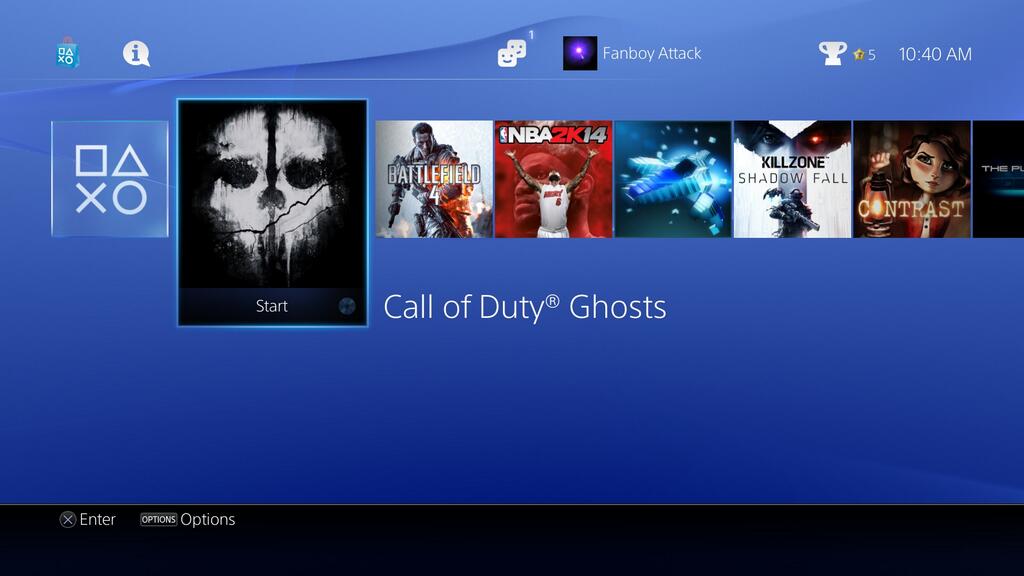
The User Interface and ways that players interact with the PlayStation 4 have changed remarkably. While the XMB was widely regarded as antiquated, the new dashboard and home menus definitely have a next-gen feel to them. They are snappier for sure, but it’s still hard to not have mixed feelings about some of the organization and functionality on them. The PlayStation 4 home screen is aesthetically pleasing, and logical… for now. It uses a simple chronological ordering of your most recently used software, but while it’s easy to find things now, it could prove to need more categorization as the game and application libraries start to grow.
Sony is positioning the PlayStation 4 as a console that is better used when purchasing digitally, while maintaining the players’ right to choose how they consume games. The PlayStation Store is now native to the PS4 and is a much better experience than it was on the PlayStation 3. Better yet, you can start playing almost any game once you start downloading it from the PlayStation Store. It still looks very similar to what was there before, it just functions better. Because of that, I can see more and more people migrating to digital as long as Sony handles pre-loading well, and hiccups in major releases don’t occur that could sour customers on the digital experience.
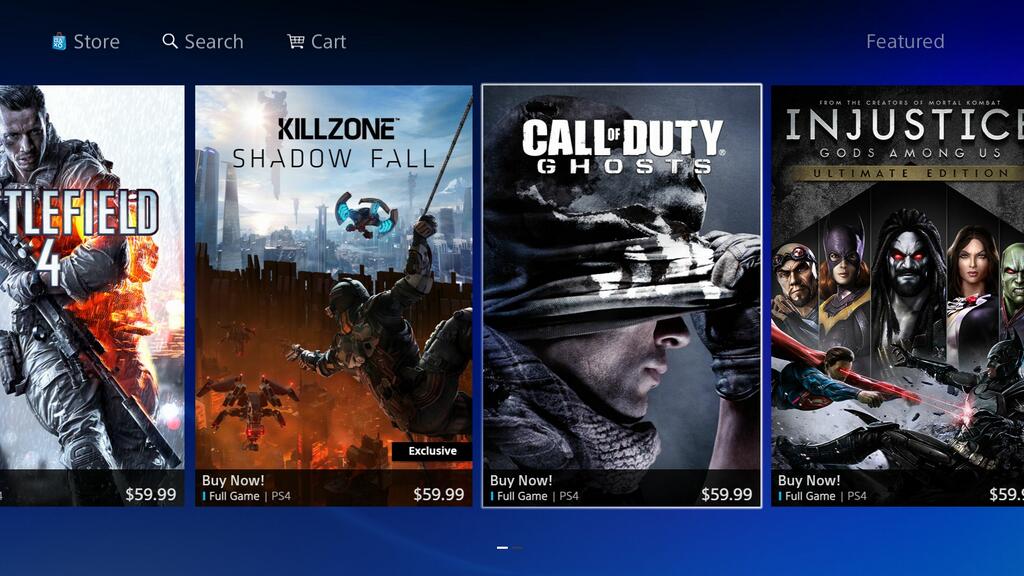
Sony is also pushing for the PlayStation Network to be a more social experience. Complete with the trappings found on the likes of Facebook. They’ve increased the number of friends you can add to your list to 2000, and you can track every one of them on the system’s activity feed. It’s a very cool feature that seems poorly implemented because of its lack of actual functionality in connecting with these people. Moreover, it will likely be difficult to actually find a specific person in the activity feed, as its cluttered with all of your friends activity. Your best bet is to just navigate to the friends menu instead. Making some tweaks to the both the discovery system in the Activity Feed and the Home Screen could make what is a good experience into a great one.
With so many moving parts on the user interface, it was almost inevitable that this aspect of the console had problems at launch. The social activity features have been hit and miss, some of the stuff just doesn’t load, or takes a very long time to do so. And like we said earlier, when you start trying to do too much at once on the console, things can get a little bit sluggish on the UI. Pictures won’t load, things will have a small delays in their response times. Turning off the console and turning it back on seemed to remedy these issues, but it was still disappointing to see some of this stuff not working on day one, day two, or day three even. There’s no doubt that we’ll see updates in the future that fix these issues, but for now, expect that you could have problems with some of this stuff.
Of the many claims that were made at the PlayStation 4 reveal, live streaming and sharing content is very much a part of the PlayStation 4 at launch. Sharing content on the PS4 is easy. The console will automatically record clips from your gameplay, you can edit it down, and send it out to your friends on the PlayStation Network and Facebook. The major issue with this is that you can only send your clips to Facebook or within the PlayStation Network. Why Sony doesn’t have some sort of agreement with YouTube at the launch of this console is unknown, so it’s not quite the game changer that it could be in ushering in a new way to share content on the world’s most popular video site. Screenshots on the other hand can also be uploaded to Twitter, which is nice and very, very easy. Simply pushing the new Share button on the DualShock 4, you can take a picture of what’s on the screen and upload it. We uploaded a bunch of new shots on our Twitter account, mostly of error messages unfortunately. Like so many other things at launch for the PS4, sharing content is something that holds a lot of promise, but really doesn’t end up being as useful as it could be. The PlayStation Network ultimately ends up feeling like a walled garden in this regard. Streaming functionality on the other hand is better handled, with more viable options. You can stream to two of the biggest providers of live streams with Twitch and uStream, and with this functionality there’s certain to be boom in players streaming their content to these services. The streaming app allows for almost full functionality that you’ll find on the web. You can use the PlayStation camera to record yourself, or a microphone to record audio. You can put together a pretty impressive stream on the PlayStation Network, barring you have the bandwidth to do so.
Updating your console shouldn’t be a hassle, but it undoubtedly was on the PlayStation 3. Now, with the PlayStation 4’s standby mode, you can update your console without doing anything. When you fire it up, it’s ready to play. This will make for a better experience, with no more hour-long waits to download and install a patch. This isn’t exactly something to be thankful for, as much as it should just be expected at this point. You can also download and install purchases from a mobile device with the PlayStation app for smartphones and tablets. Again, another feature of the standby mode, the ability to remotely install a game is one that ultimately has you spending less time on the mundane, and more time playing games or interacting on the PSN. My experience with downloading games and updates on the PS4 has been pretty good thus far. The major system update downloaded quickly, and installed fast as well. Game updates are hit and miss, and I think there are issues yet to be ironed out on that front. Downloading the free games that came with my subscription to PlayStation Plus, they were both installed and downloaded with no hassles, while I was playing another game. I think time will tell if Sony has got this part of the equation down pat, but they’re off to a pretty good start.
Sony went down the laundry list of things people voiced angst on with the PlayStation 3 and remedied nearly all of them. It’s hard not to commend them for that. They’ve listened to consumer feedback and made their most user-friendly console to date, it’s certainly a significant upgrade from the PlayStation 3. At the same time, a lot of this stuff doesn’t signal next-gen as much as it just fixes problems from the previous gen. When we finally get to see some of the Gaikai streaming features and other promises that were made earlier this year, it will be interesting to see as the console matures.
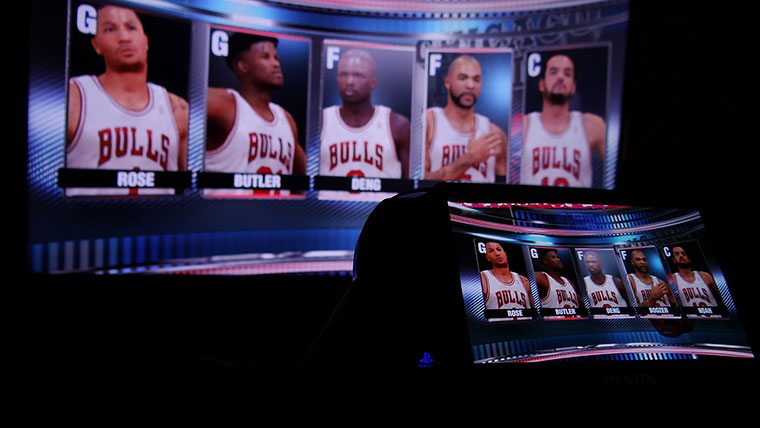
One of the most interesting features that was touted at the PlayStation 4 reveal was the console’s ability to interact with the PS Vita in a meaningful way. Since not everybody owns a PS Vita, I saved this for last. But owning one, I really was excited about the potential in this. Basically, through the Remote Play feature, the PS4 can connect to the PS Vita. The PS Vita can be used to control the PS4, and you can stream games to it. Sounds great, right? Well it is, and it isn’t. It doesn’t work very well for all games right now. They don’t look as good as native Vita games. Colors aren’t as vibrant, the OLED seems washed out at times. The biggest detractor of fun is with the input lag and odd control schemes. It makes playing a shooter or any fast-paced game for that matter into a worthless experience. It just doesn’t work well for most of the launch games. The PS Vita controls just don’t match up well with PS4 games. It quarters off the rear touchpad, and makes you hold the handheld awkwardly to avoid accidentally swiping your fingers across the back of it. It’s clear that they did their best to implement this feature, but it might just not be any good because of the major differences in control schemes. Time will tell. It could work for more simple experiences, maybe indie titles. But then again, those games are probably coming to Vita natively, anyway. I had hoped it would be Sony’s answer to what Nintendo was doing with the Wii U GamePad, but it’s not even close when comparing the two.
The Verdict
The PlayStation 4 will undoubtedly be a must have console. Whether it is currently a must have console is up for debate. The launch line-up is a little bit disappointing, the features and changes from the PlayStation 3 to the PlayStation 4 are meaningful, but none of it really signals next-gen as much as it does a refined user experience and marginally better graphics. Furthermore, some of the features just ended up being a disappointment. With updates pending to bring full functionality to the hardware and software, and with big features sets like Gaikai coming down the line, there’s no shortage of things to look forward to about the PlayStation 4. When it all comes together it’ll likely be spectacular, if you’ve got time to bide, greatness awaits.


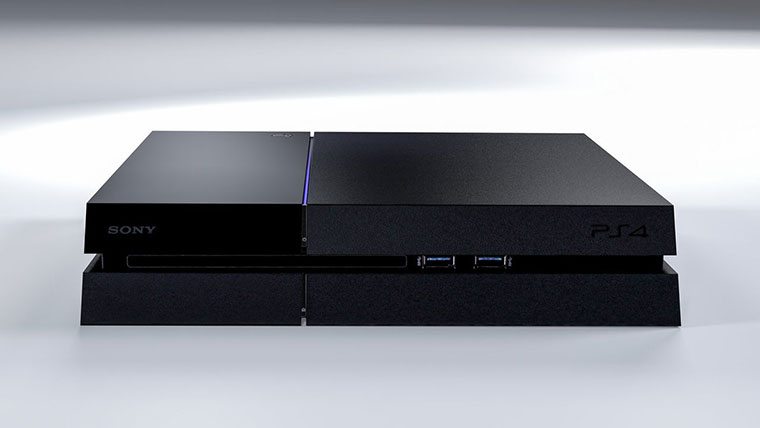
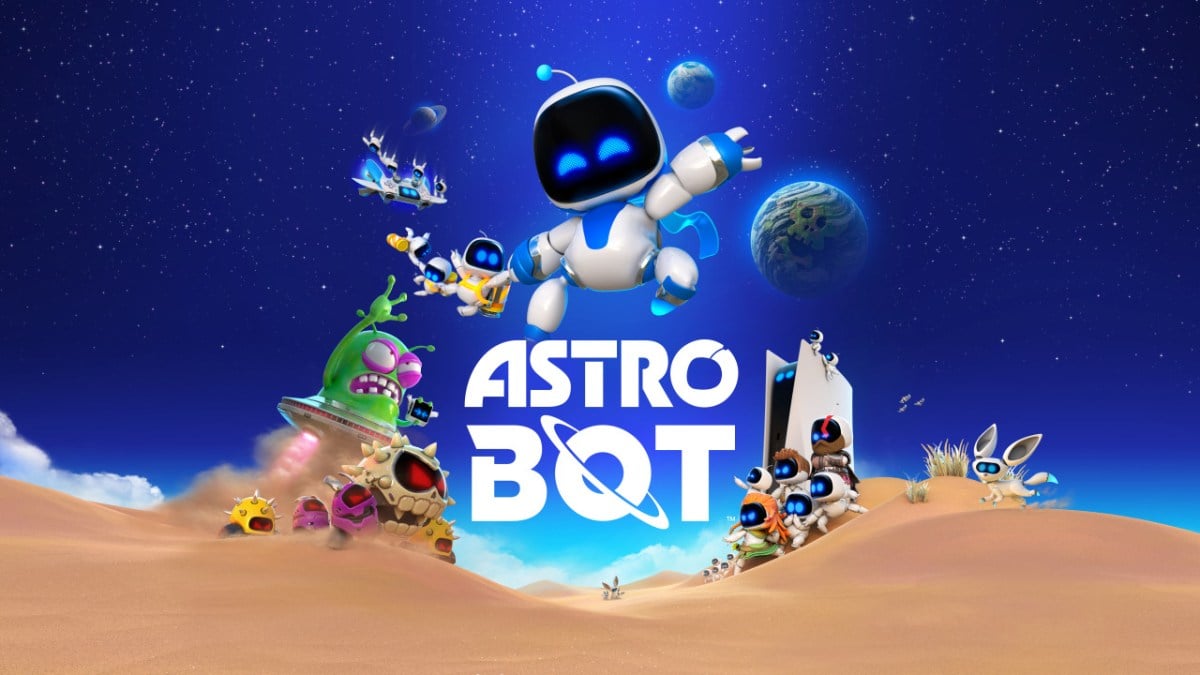
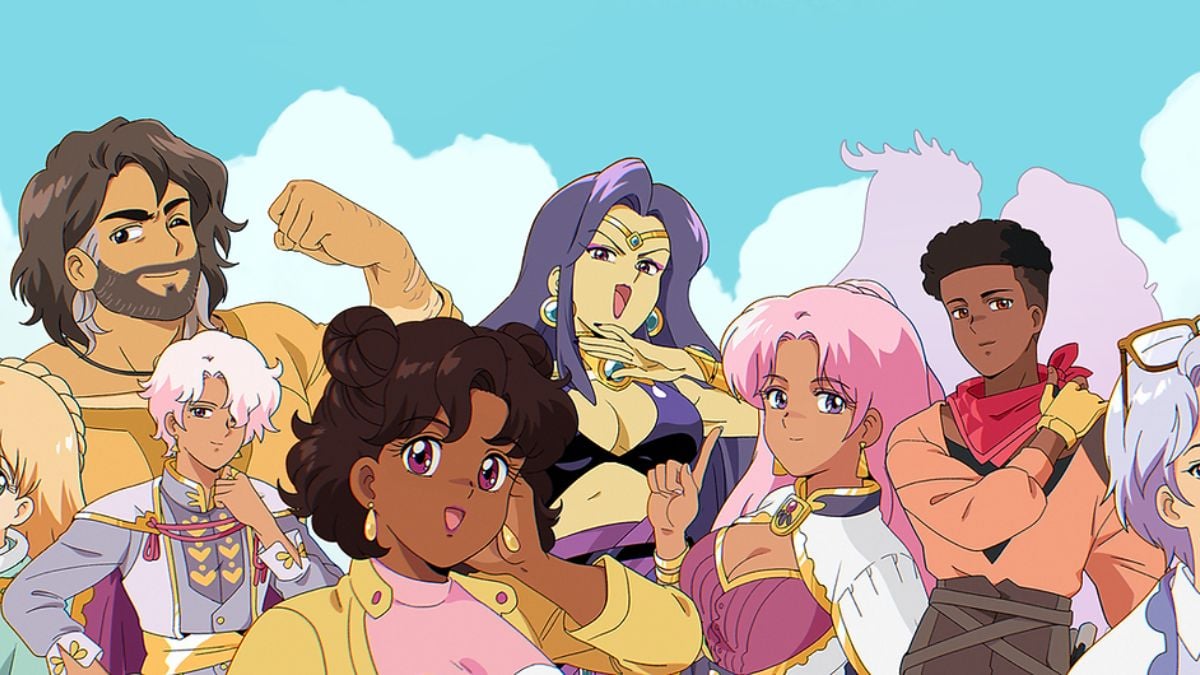
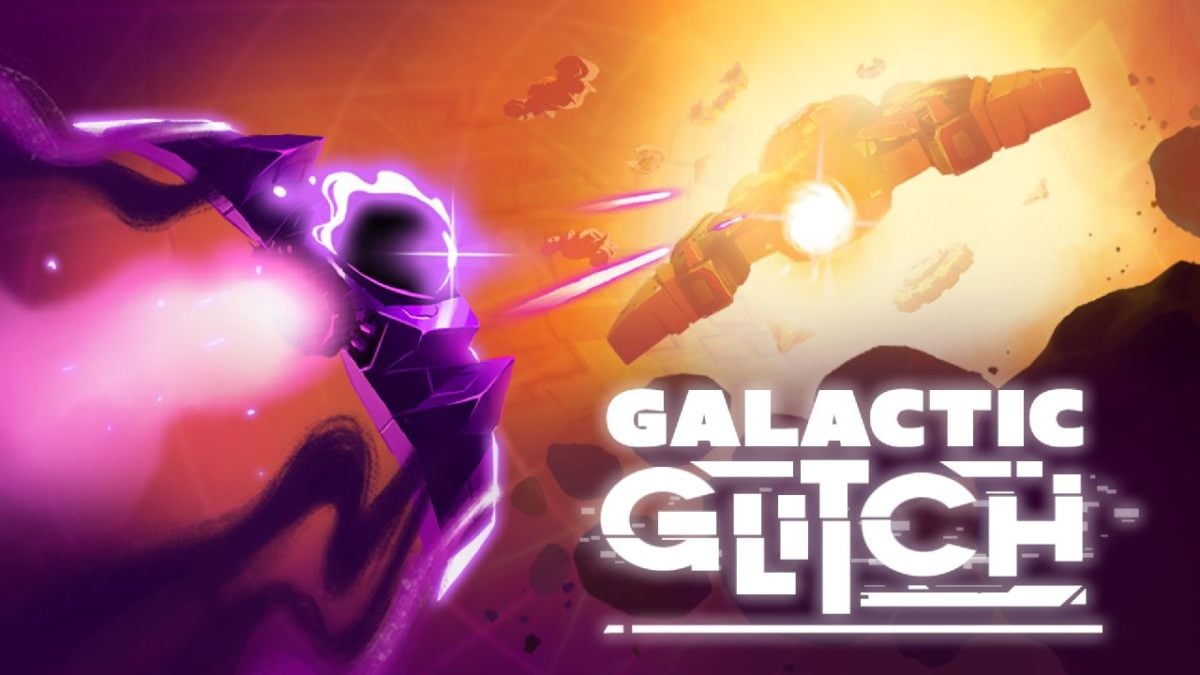
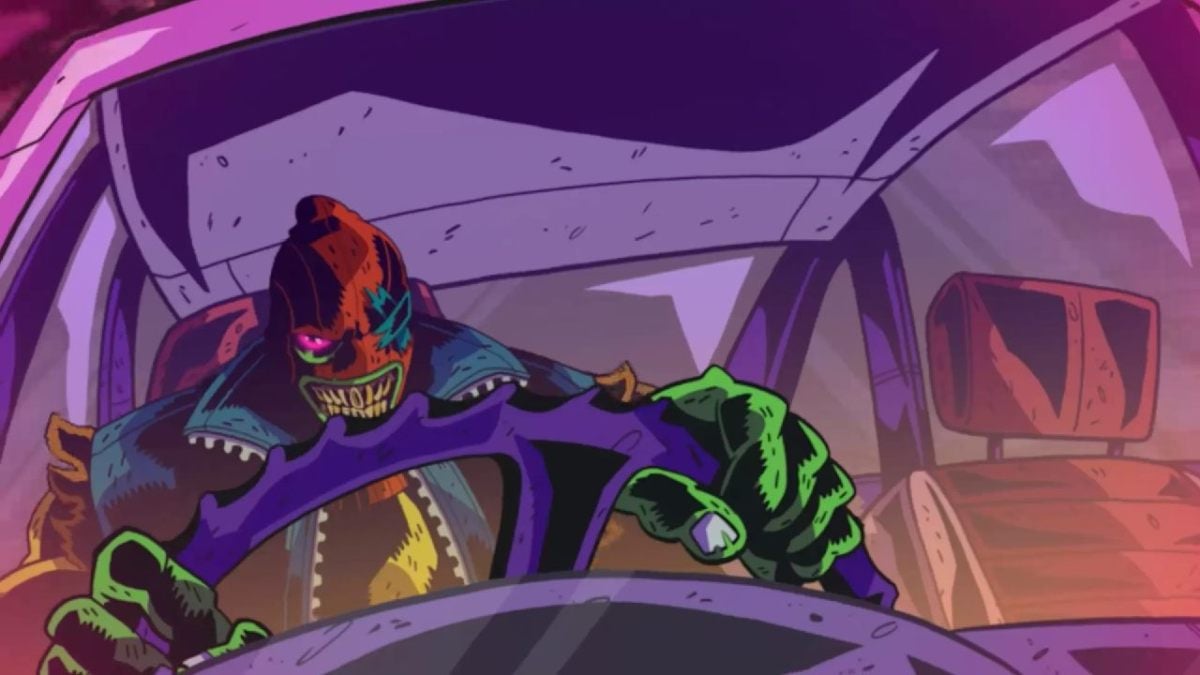
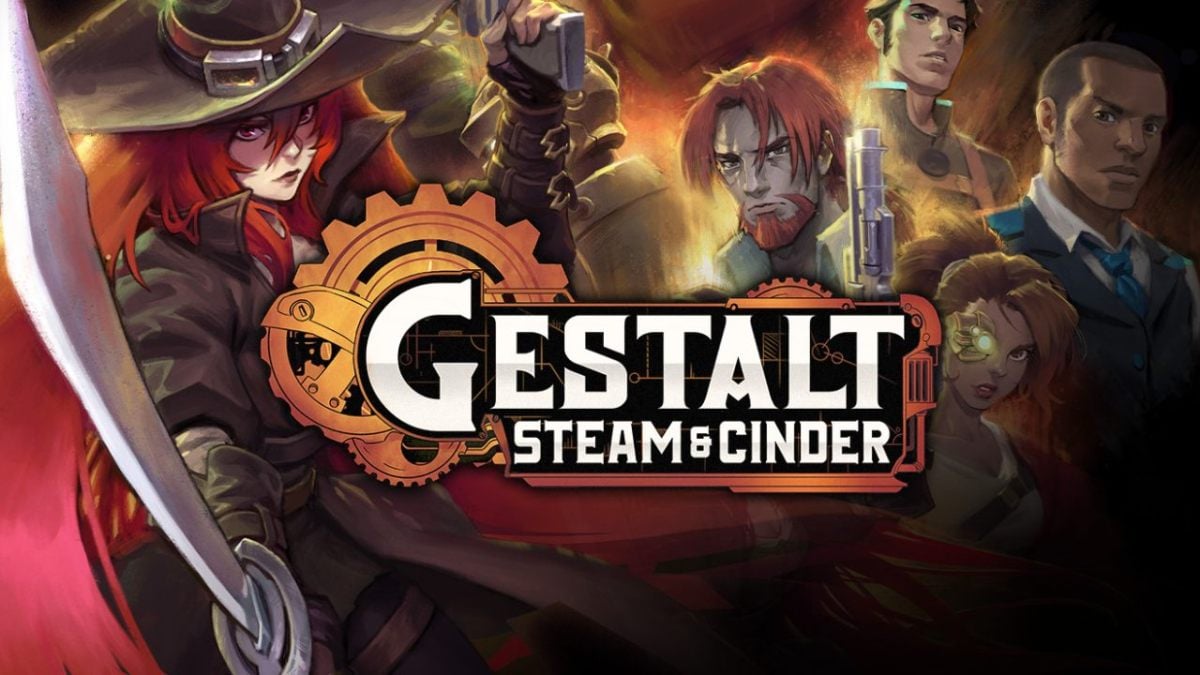
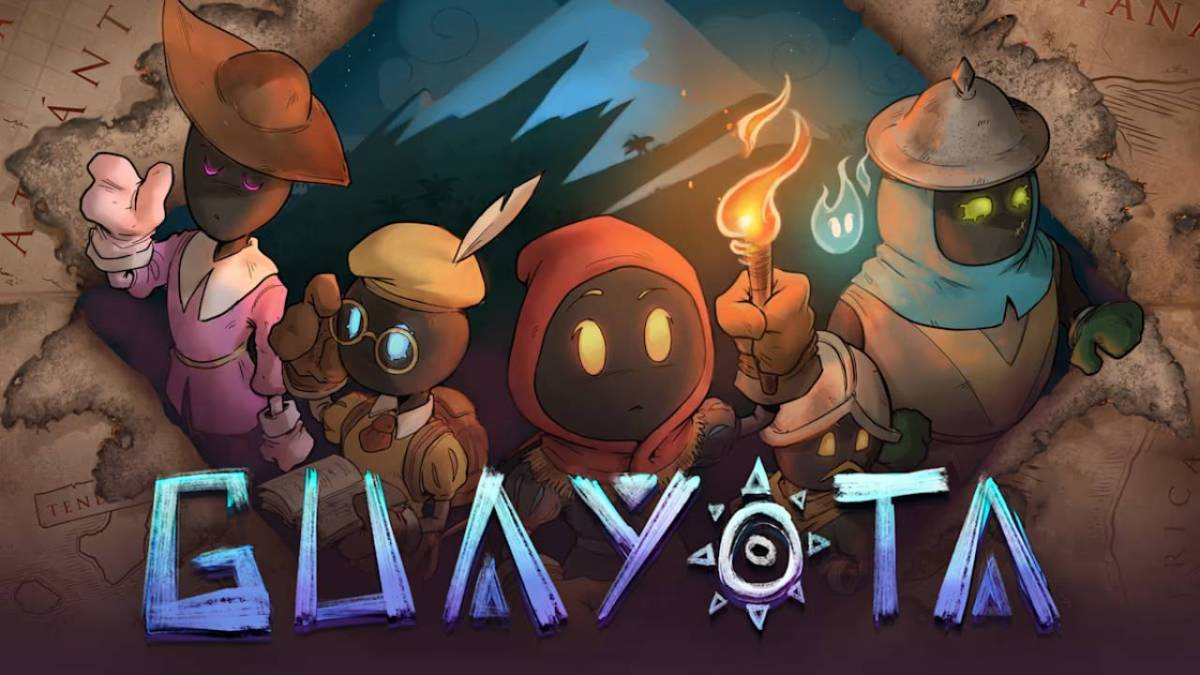
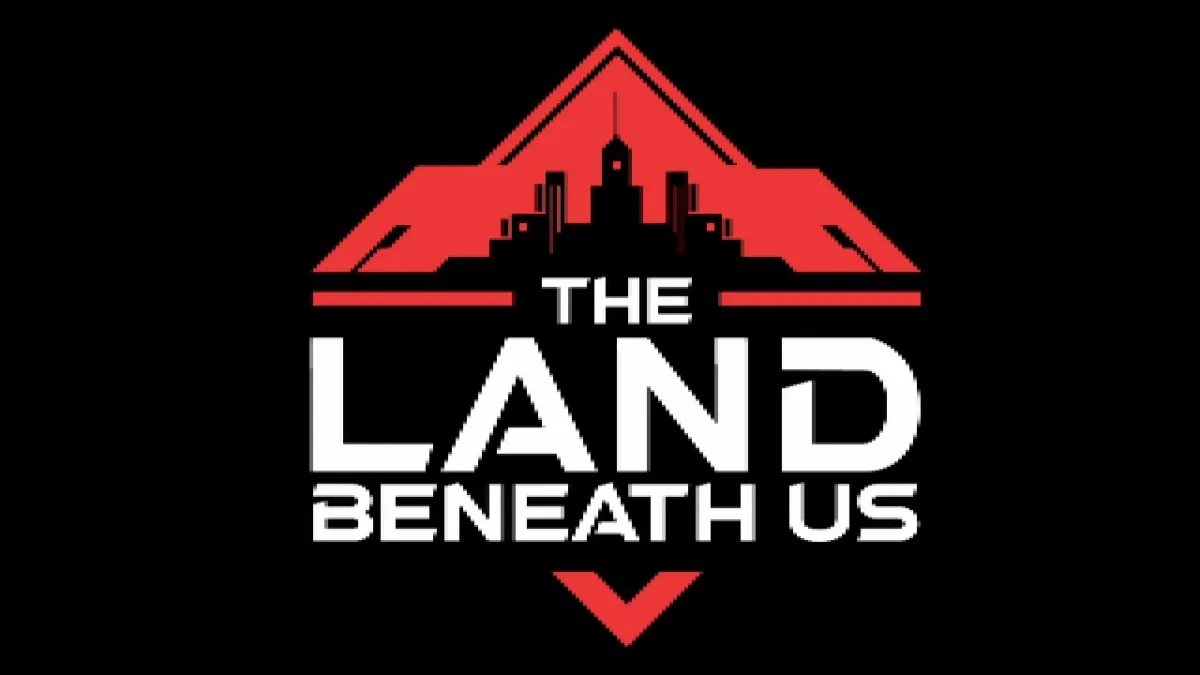
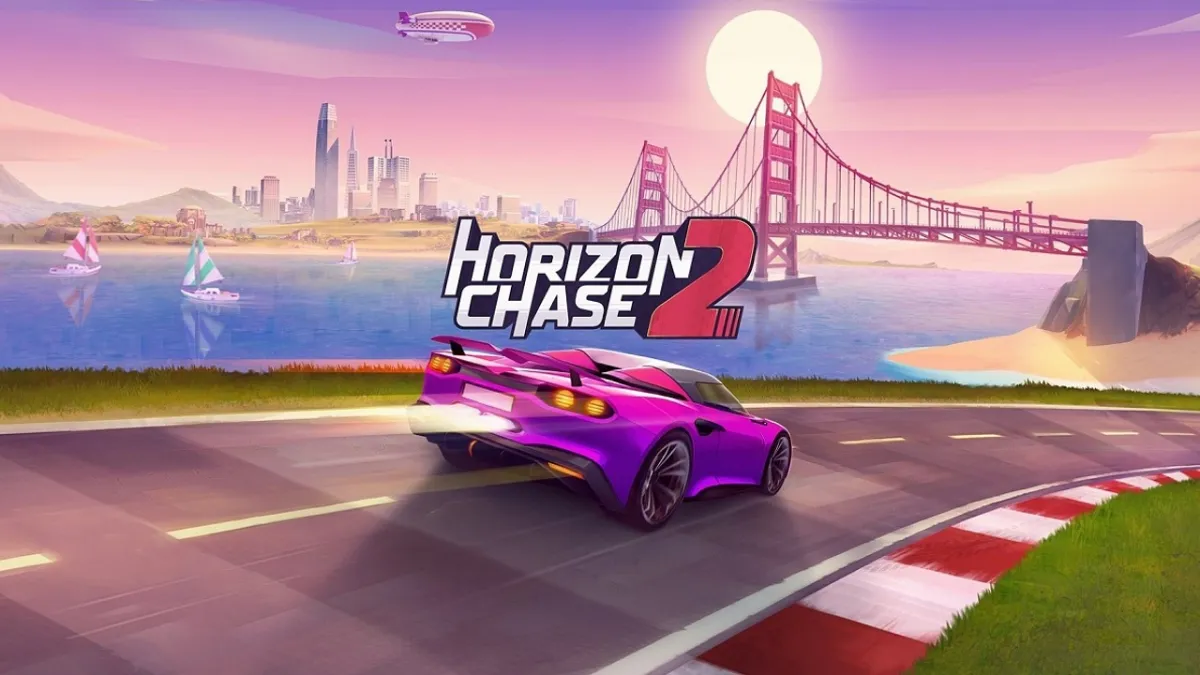
Published: Nov 16, 2013 08:00 am